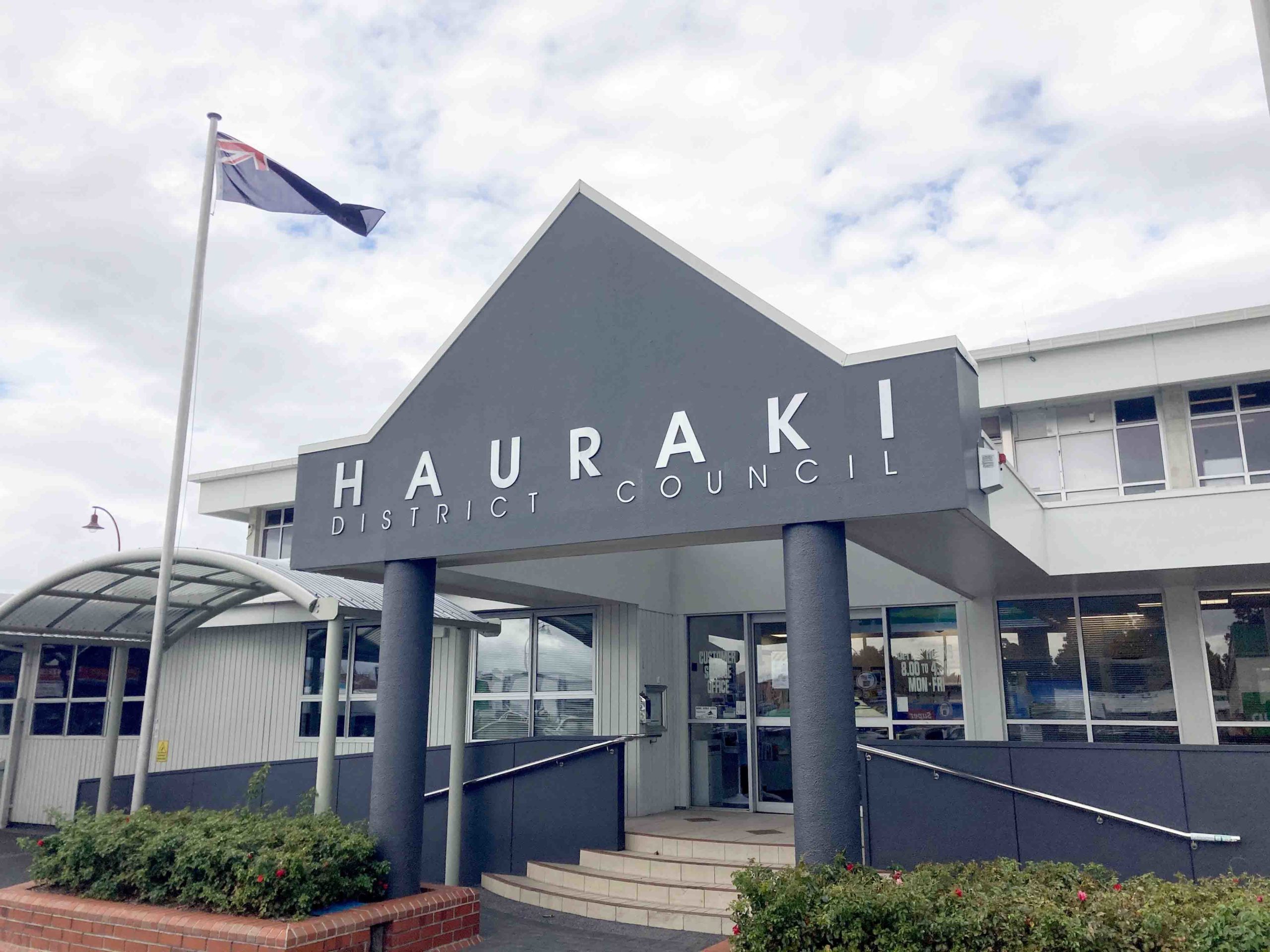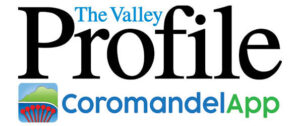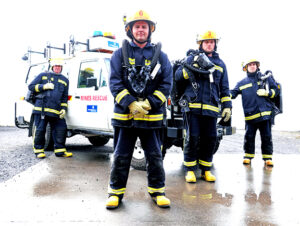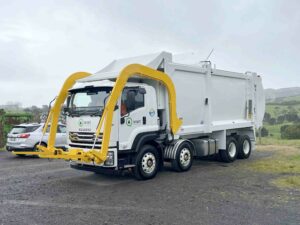Hauraki District Council’s next election will include a binding poll determining the future of a Māori ward in the region, following changes to legislation by the government.
The council decided to establish the Māori ward in October, 2023, to ensure Māori had a greater voice in local decision-making. Hundreds of people from the Hauraki rohe attended that meeting in support. The final proposed makeup of the council, comprising the Mayor, 11 general ward councillors, and two Māori ward councillors, was then adopted in June, 2024.
This means HDC’s 2025 triennial election will include a district-wide Māori ward, named Te Pakikau o te Ika. Voters on the Māori electoral roll will elect two councillors to represent the ward, while voters on the general roll will elect councillors for the Plains, Paeroa, or Waihī wards. All voters will vote for a Mayor.
“We’ve had a few discussions around this over recent times, and I believe that our council is very united in our decision to establish a Māori ward,” councillor Neil Gray said.
However, the government has since introduced the Local Government (Electoral Legislation and Māori Wards and Māori Constituencies) Amendment Act 2024. It required the council to either reaffirm or rescind its decision to establish Māori wards.
The council voted unanimously at its August 28 meeting to stick to its decision to have Māori ward representation, which triggered a legal requirement for a referendum at next year’s local body election asking voters whether they wanted Māori wards or not.
The results of the poll will be considered binding for the council’s 2028 and 2031 elections.
The next opportunity for the council to consider Māori ward inclusion will be ahead of the 2034 elections.
Thames Coromandel District Council is also due to make a decision on the establishment of Māori wards in its district, at its September 3 council meeting.

Meanwhile, Hauraki District Council’s gambling policy is also under review, with councillors looking to implement more restrictions on gaming machines and venues in the district.
The existing policy caps the number of class four gaming venues, such as pubs and clubs, in the district at nine. The maximum number of gaming machines is 69. However, there are currently 119 machines operating in the area, due to existing legacy licensing agreements which the council cannot alter.
“We can’t force anyone to reduce their number of machines… Until the government actually does something we’re just a bit of hot air talking about this. With all the best of intentions, it will have no difference,” Deputy Mayor Paul Milner said.
A 2024 social impact assessment presented at the meeting said 69 per cent of New Zealand adults had participated in a gambling activity over the last year, a decrease from 83 per cent in 2006. The Hauraki District is considered a medium risk for gambling issues.
Councillors voted to shift to a more restrictive policy with a “sinking lid” on applications, preventing new class four venues from being established in the district. They also voted to remove a clause allowing existing class four venues to merge and keep all their gaming machine licences. Instead, if venues choose to merge, one or more of the merging clubs will now lose their licence, resulting in a reduction of gaming machine numbers.
A clause allowing class four venues to keep their licence when relocating their premises has been retained.
The proposed changes will now go through a consultation process in late September, with the council looking to adopt the new policy by the end of the year.





